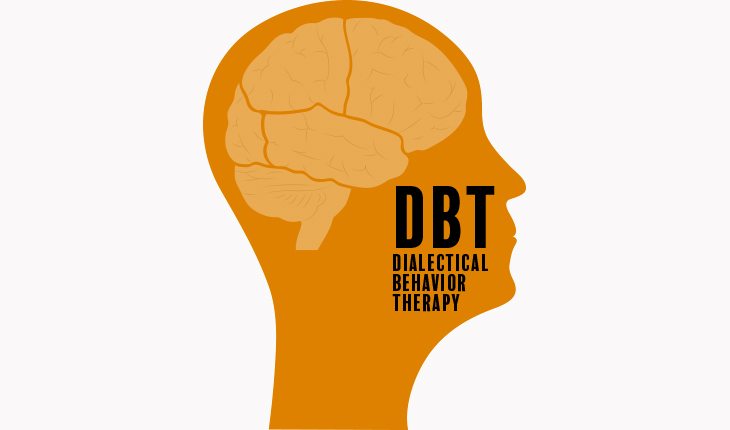
Today, I want to talk about what DBT does, and why it’s so important to know about it on World Mental Health Day. Dialectical Behavioural Therapy (DBT) was initially developed by Dr. Marsha Linehan in the 1980s as an alternative treatment method for patients who had not responded well to other forms of therapy. It combines principles from behavioural and cognitive-behavioural therapies and focuses on helping people learn new skills in order to reduce their problems with chronic suicidality, self-harm, depression and substance abuse.
What is Dialectical Behaviour Therapy?
Dialectical Behaviour Therapy (DBT) is a type of psychotherapy that was developed in the 1980s. DBT is based on the idea that when people feel strong, intense emotions like fear, anger or sadness they may act impulsively and do things that are harmful to themselves and others. This can happen even when a person does not want to behave this way. DBT teaches skills that can be used to cope with these difficult emotions by teaching people how to change their relationship with them. DBT also includes acceptance and change strategies. Acceptance strategies allow for one’s emotional response to an event, which then lessens the likelihood of acting out with destructive behaviours. Change strategies help one gain control over what he/she can change, while realising there will always be some things outside our control that cannot be changed.
How DBT Works In A Nutshell
DBT is a psychotherapy that combines cognitive, behavioural and mindfulness techniques to help people manage the intense emotions they may experience. It focuses on changing these behaviours and thoughts that are no longer working for you to improve your life.
DBT teaches skills such as distress tolerance, interpersonal effectiveness, emotion regulation, mindfulness and acceptance and commitment therapy. These skills are all focused on helping you live a meaningful life.
Recognising And Treating Emotional Instability
The term ’emotional instability’ is usually used to describe the inability of an individual to regulate their moods, or cope with the world. One way to treat this is through dialectical behavioural therapy, which can help people recognise and manage their impulses.
To do this, they are taught four skills: mindfulness (the ability to focus one’s attention), distress tolerance (the ability to endure discomfort without acting impulsively), emotion regulation (the ability to change how one feels), and interpersonal effectiveness (the ability to regulate one’s emotions in a healthy relationship).
The idea behind these skills is that by teaching them, you will teach people how not only to reduce emotional instability but also increase mental well-being.
Treating Suicidal Thoughts & Behaviours
Dialectical behavioural therapy (DBT) is a type of psychotherapy that was developed to help people who experience intense emotions that are difficult to control. DBT can be helpful for people who have suicidal thoughts or behaviours, as it teaches them how to live in the moment and be mindful of their thoughts and feelings.
DBT offers many skills training groups which teach skills like problem solving, distress tolerance, emotional regulation, and interpersonal effectiveness. It also includes individual sessions which help clients learn new skills from the group sessions and focus on current issues in their life.
 Living With Healthy Hunger Health Blog
Living With Healthy Hunger Health Blog

